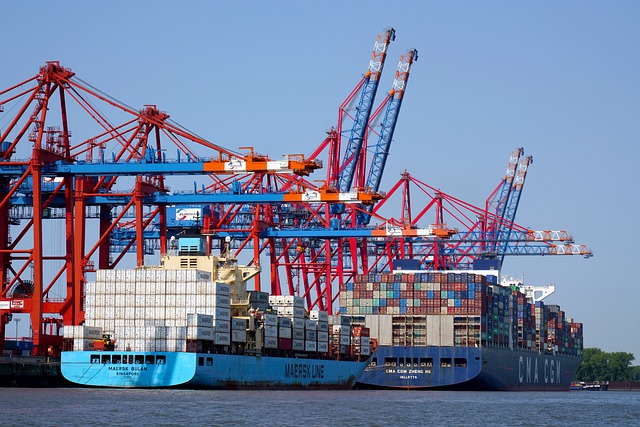IMF Projects Slower Economic Growth for Nigeria in 2024
The International Monetary Fund (IMF) has adjusted its economic forecast for Nigeria, predicting a slowdown in the country’s economic growth for 2024. In its latest World Economic Outlook report, released recently, the IMF now expects Nigeria’s economy to grow by 2.9% in 2024, maintaining the same growth rate as in 2023. This represents a slight downgrade from the IMF’s earlier projections in both April and July, reflecting a 0.2% decrease from the July estimate and a 0.4% decline from April’s prediction.
Factors Behind the Adjustment
The IMF’s revised forecast points to weaker-than-expected economic activity in the first half of 2024, particularly in emerging markets like Nigeria. According to the IMF, Nigeria’s economic momentum has been dampened by ongoing challenges, including inflationary pressures and structural inefficiencies within key sectors. This cautious outlook indicates that Nigeria’s economic recovery from recent global disruptions, including the COVID-19 pandemic and global energy market volatility, remains fragile.
Despite this, the IMF offers some optimism for the longer term, forecasting an improvement in 2025, when Nigeria’s economy is projected to grow at 3.2%. This marks a 0.2% increase from earlier projections made in July and April, suggesting that economic reforms and gradual stabilisation could bear fruit in the near future.
World Bank Offers a More Optimistic View
Interestingly, the World Bank’s outlook for Nigeria’s economic growth is slightly more positive. In its latest Africa’s Pulse report, the World Bank projects a 3.3% growth rate for Nigeria in 2024, with further acceleration to 3.6% by 2025–2026. The World Bank attributes this to the country’s ongoing macroeconomic and fiscal reforms, which are expected to gradually yield positive results.
In the report, the World Bank also highlighted some signs of progress in tackling Nigeria’s inflation, which peaked in June 2024 at 34.2% year-on-year but began to decelerate in the following months, dropping to 33.4% in July and further to 32.2% in August.
Inflation and Monetary Policy
Inflation continues to be a key issue in Nigeria’s economic landscape. According to the IMF, inflation is expected to average 32.55% in 2024, but the Fund anticipates it will fall to 25% by 2025. Managing inflation is crucial to stabilising the economy, and the IMF has called on countries like Nigeria to adopt tighter monetary policies to address this challenge.
At a press conference unveiling the latest World Economic Outlook during the IMF/World Bank annual meetings in Washington, D.C., Pierre-Olivier Gourinchas, the IMF’s economic counsellor and director of research, stressed the importance of balancing monetary and fiscal policies. He recommended a more stringent monetary policy stance to combat high inflation while suggesting that fiscal consolidation, when possible, could help ease debt burdens. However, Gourinchas acknowledged that many nations, including Nigeria, face difficult trade-offs in implementing such measures.
Navigating a Challenging Economic Environment
The IMF’s forecast of slower growth for Nigeria highlights the complex economic challenges the country faces. While Nigeria has shown resilience in the face of global headwinds, ongoing structural issues, inflation, and debt remain significant obstacles.
Both the IMF and the World Bank recognise the potential for Nigeria’s economy to strengthen in the coming years, provided that key reforms are sustained and global economic conditions become more favourable. For Nigeria, the road to economic recovery will depend on successfully navigating these challenges while leveraging its rich resources and growing sectors to build a more resilient and diversified economy.
Conclusion
As Nigeria enters 2024, the nation finds itself at a pivotal moment. The IMF’s cautious outlook underscores the importance of sound fiscal and monetary policy in stabilising the economy and fostering long-term growth. While economic challenges persist, there is reason for cautious optimism, especially with improved projections for 2025. To realise its full potential, Nigeria will need to continue implementing reforms that address inflation, fiscal imbalances, and structural inefficiencies.
Source: punchng

